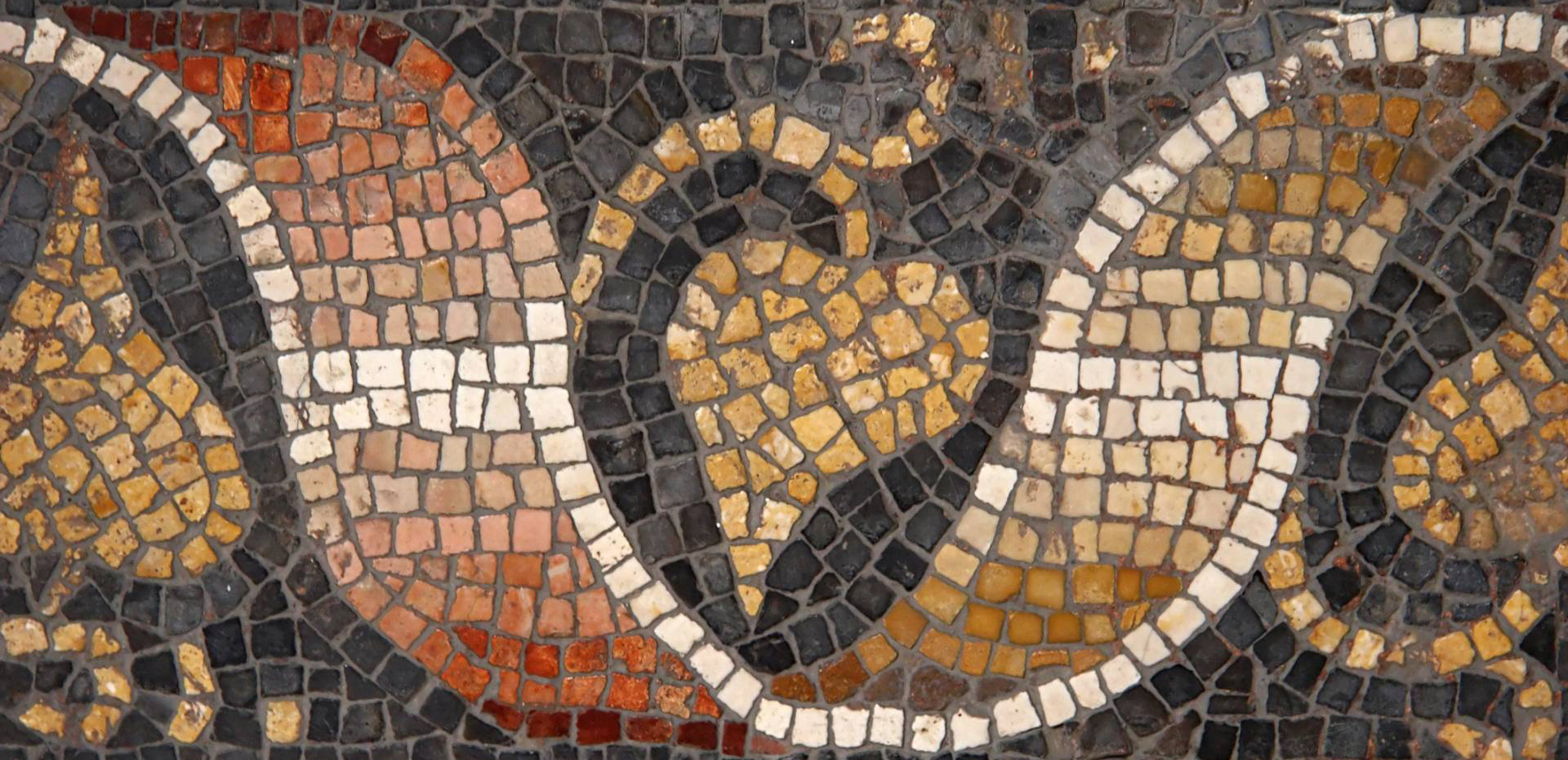SOMMARIO:
A. EVENTI
1. INTERNATIONAL CONFERENCE: “THE COPTIC BOOK BETWEEN THE 6TH AND THE 8TH CENTURY: CODICOLOGICAL FEATURES, PLACES OF PRODUCTION, INTELLECTUAL TRENDS” (ROME, 21-22.09.2017)
2. COLLOQUE INTERNATIONAL: “LES BIBLIOTHEQUES A’ L’AGE DU MANUSCRIT: ORIENT ET OCCIDENT” (PARIS, 28-29.09.2017)
3. 5TH SIMONE ASSEMANI SYMPOSIUM ON ISLAMIC COINAGE (ROME, 29-30.09.2017)
4. EXPOSITION: “CHRETIENS D’ORIENT. DEUX MILLE ANS D’HISTOIRE” (PARIS, 26.09.2017-14.01.2018)
5. CONFERENZA DEL DR. DAVID WIGG-WOLF: “‘THAT WHICH IS CAESAR’S’ – EMPERORS, CHRISTIANITY AND IDENTITY IN LATE ANTIQUITY” (ROME, 05.10.2017)
6. COLLOQUE DE PATRISTIQUE ET D’HISTOIRE ANCIENNE: “LES PERES DE L’EGLISE ET LES BARBARES” (LA ROCHELLE, 06-08.10.2017)
7. COLLOQUIUM IN MEMORY OF IRFAN SHAHID: “BYZANTIUM, THE ARABS, AND THE RISE OF ISLAM” (WASHINGTON D.C., DUMBARTON OAKS, 13.10.2017)
8. PRESENTAZIONE DEL LIBRO DI M. DE GIORGI, “IL TRANSITO DELLA VERGINE. TESTI E IMMAGINI DALL’ORIENTE AL MEZZOGIORNO MEDIEVALE” (LECCE, 13.10.2017)
9. OKI VORTRAG VON PROF. K. CH. FELMY: “ORTHODOXIE UND REFORMATION” (WUERZBURG, 16.10.2017)
10. VORLESUNSREIHE: “KOSTANTINOPELISTANBUL – EINE METROPOLE IM WANDEL” (KOELN, 20.10.2017-19.01.2018)
11. SEMINAIRE 2017-2018: “HISTOIRE DE LA PERIODE PALEOLOGUE (1261-1453): BYZANCE, ORIENT LATIN, MONDE SLAVE” (PARIS, 26.10.2017-17.05.2018)
12. 2ND INTERNATIONAL CONFERENCE ON ETYMOLOGICAL THEORIES AND PRACTICE IN GREEK (BEAULIEU/MER, 27-29.09.2018): CALL FOR PAPERS (ABSTRACT SUBMISSION DEADLINE: 30.10.2017)
13. XIV GIORNATA DI STUDI DELL’ASSOCIAZIONE ITALIANA DI STUDI BIZANTINI: “BISANZIO NELLO SPAZIO E NEL TEMPO. COSTANTINOPOLI, LA SIRIA” (ROMA, 10-11.11.2017)
14. “DISCOVERING BYZANTIUM IN ISTANBUL: SCHOLARS, INSTITUTIONS, AND CHALLENGES, 1800-1955” (ISTANBUL, 16-18.11.2017)
15. 2017 BYZANTINE STUDIES COLLOQUIUM: “THE BYZANTINE NEIGHBORHOOD: URBAN SPACE AND POLITICAL ACTION” (WASHINGTON D.C., DUMBARTON OAKS, 17.11.2017)
16. CONVEGNO: “LE FONDAZIONI BIZANTINE A COSTANTINOPOLI E LA SCUOLA GRANDE DI SAN MARCO DI VENEZIA” (VENEZIA, 22.11.2017)
17. LECTURE BY PROF. JIM CROW: “BYZANTINE ROUTES AND FRONTIERS IN EASTERN PONTUS AND THE HAGIOGRAPHICAL DOSSIER OF ST EUGENIOS” (LONDON, 07.12.2017)
18. CONFERENCE: “HUMANIST GREEK (HUG) – PERSPECTIVES FOR A NEW FIELD OF STUDIES” (HELSINKI, 23-25.08.2018). CALL FOR PAPERS (DEADLINE: 01.03.2018)
B. PUBBLICAZIONI
1. B. LANCON, “LA CHUTE DE L’EMPIRE ROMAIN, UNE HISTOIRE SANS FIN” (2017)
2. P.-G. DELAGE (ED.), “GREGOIRE DE NAZIANZE. LE PASSEUR DE MONDES” (2017)
C. NOTIZIE
1. GETTY/ACLS POSTDOCTORAL FELLOWSHIPS IN THE HISTORY OF ART (APPLICATION DEADLINE: 25.10.2017)
2. RESEARCH ASSOCIATE POST, UNIVERSITY OF GLASGOW (APPLICATION DEADLINE: 30.10.2017)
3. TWO PHD FELLOWSHIPS IN MEDIEVAL LITERATURE IN DENMARK (APPLICATION DEADLINE: 01.11.2017)
4. FELLOWSHIPS AT DUMBARTON OAKS (APPLICATION DEADLINE: 01.11.2017)
5. POSITION: (TENURE-TRACK) ASSISTANT OR (TENURED) ASSOCIATE PROFESSOR IN EARLY CHRISTIANITY (DEADLINE: OPEN UNTIL FILLED)
6. JOB POSITION AT THE DEPARTMENT OF MODERN AND CLASSICAL LANGUAGES AND LITERATURES, CALIFORNIA STATE UNIVERSITY, FRESNO (APPLICATION DEADLINE: OPEN UNTIL FILLED)
7. “JOURNAL OF HELLENIC STUDIES”: NEW ANNUAL PUBLICATION OF THE CENTER OF HELLENIC STUDIES (PODGORICA, MONTENEGRO)
8. BIBLIOTECA UNIVERSITARIA DI BOLOGNA: ALCUNI MANOSCRITTI GRECI CONSULTABILI ON LINE
